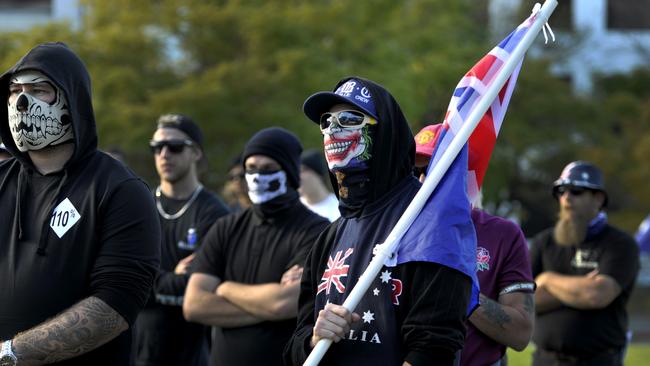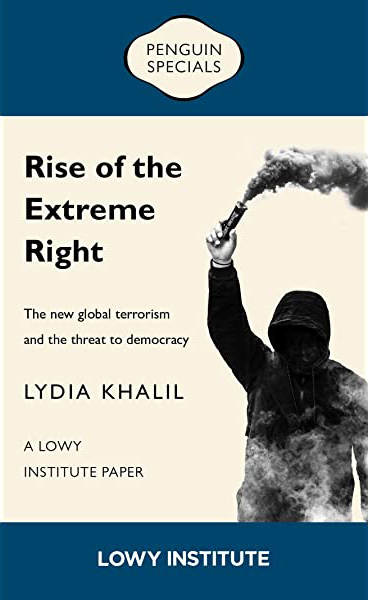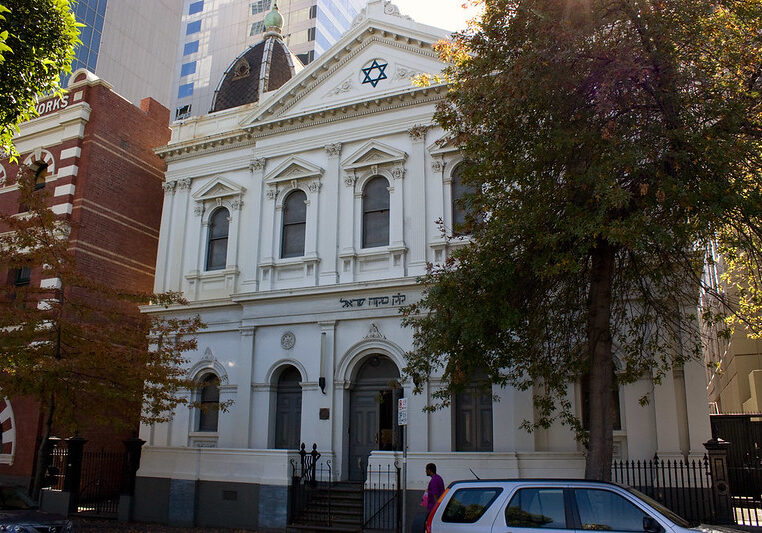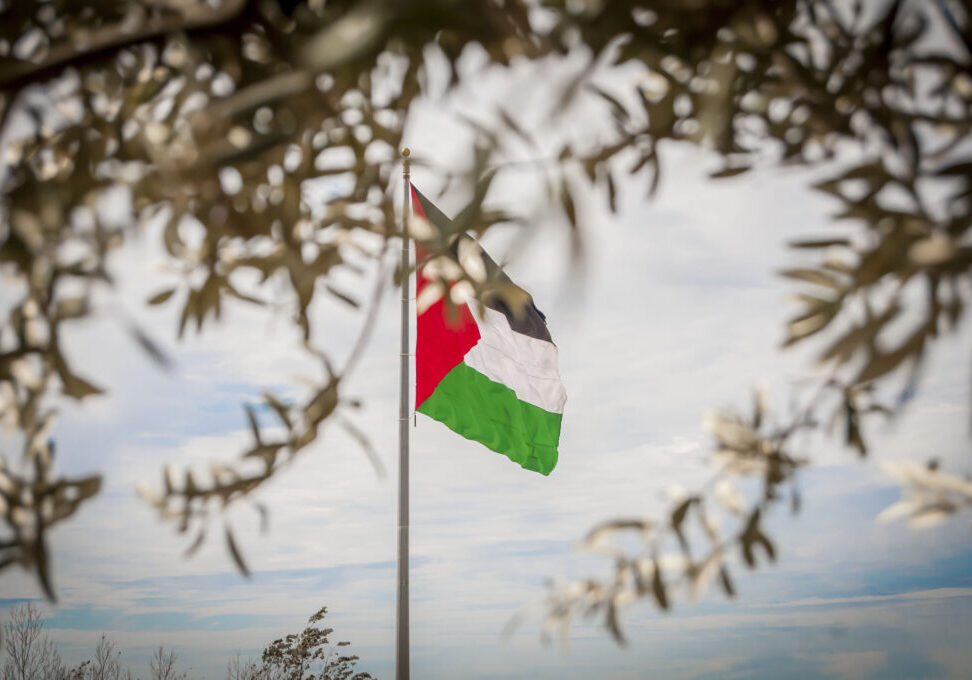Australia/Israel Review
Biblio File: What lurks beneath
Nov 29, 2022 | Jeremy Jones

 Rise of the Extreme Right: The new global extremism and the threat to democracy
Rise of the Extreme Right: The new global extremism and the threat to democracy
Lydia Khalil, Penguin, Aug. 2022, 160 pp., A$12.99
Far right-wing extremism has never been off the radar for the Jewish community in Australia.
It has always been a challenge to assess how it rates as a threat and policy priority, how it is mutating, what circumstances might allow it to flourish, and its international context.
After the Great Depression through the middle third of the 20th century, Australia had its share of antisemitic propagandists and activists, including those who thought we should have sided with, not against, the Nazis.
The Australian League of Rights and other promoters of conspiracy theories and “race science” kept the flame of hatred alive, while various formulations of Australian right-wing extremism, including open Nazism, have arisen, under a motley array of wannabe Führers.
Australia served as a safe haven and base for adherents of overt antisemitic ideologies who were part of the large-scale post-WWII immigration, and exploited the reality of the Cold War.
Supporters of Nazi-allied regimes relocated to Australia, distributed propaganda in a variety of languages, provided a recruitment pool for existing Australian extremist groups and, in some cases, became important links in international far-right networks.
Towards the end of the 20th century, there was a growth of violent, highly motivated racist extremist groups in Europe and the Americas, opposing the concept of multiculturalism and the ideals of liberal democracy.
Some formed alliances offering mutual support and Australian extremist groups, particularly those including younger members, engaged in these transnational networks.
Contemporaneously, some rural Australian extremists were inspired by the US-based Patriot Movement, with the language of revolution to save the population from a mythical “New World Order” and “operations” to recruit serving police and military in order to have an armed vanguard.
With the development of on-line communications, the far-right gained increased connectivity, access to resources and more platforms on which and from which to cause harm.
To determine the importance of the threat at any given time has been a challenge.
For all Australians concerned with understanding where we are in 2022, Lydia Khalil, Research Fellow at the Lowy institute and Associate Research Fellow at Deakin University, has performed an important service with her Rise of the Extreme Right: The new global extremism and the threat to democracy.
With tremendous skill, she has produced a clarion call for attention to be paid to a problem she correctly views as serious, growing and global.
Right-wing extremism in Australia is given both a global and domestic context, amidst a passionate call for us all to pay attention to the factors which give fuel and encouragement to promoters of malicious ideologies.
She begins and ends with discussions of the ways governments have mishandled the problem, noting a failure to recognise where extremist views leach into the mainstream, the violent intent and means of these groups, and their transnational nature.
Khalil brings together personal testimonies, primary source material and her own analysis to find both common features and unique elements in extremist groups in Europe, the Americas, Australia and Asia.
There is only a little historical context, but that does not detract from the book’s presentation of the “globalised extreme right”, “the Great Replacement” ideology and its parallels in Asia, or the concise but information-packed section on online extremism.
Each chapter canvasses concerns and challenges, with the latter sections discussing the impact of government public health measures as responses to COVID-19, and the threat to liberal democracy whenever right-wing extremism is not appropriately identified and combatted.
As the writer acknowledges, there are extremist threats from a variety of sources and concern with far-right extremism should not be at the expense of defending liberal democracy from other forms of assault – with justifiable concern about violent Islamist terrorism such as that of al-Qaeda, Iranian state-sponsored terrorism by groups such as Hezbollah and manifestations of left-wing political violence.
Yet this book presents a very compelling argument for Australians, and policy makers broadly, to treat far right-wing extremism more seriously that they currently are.






